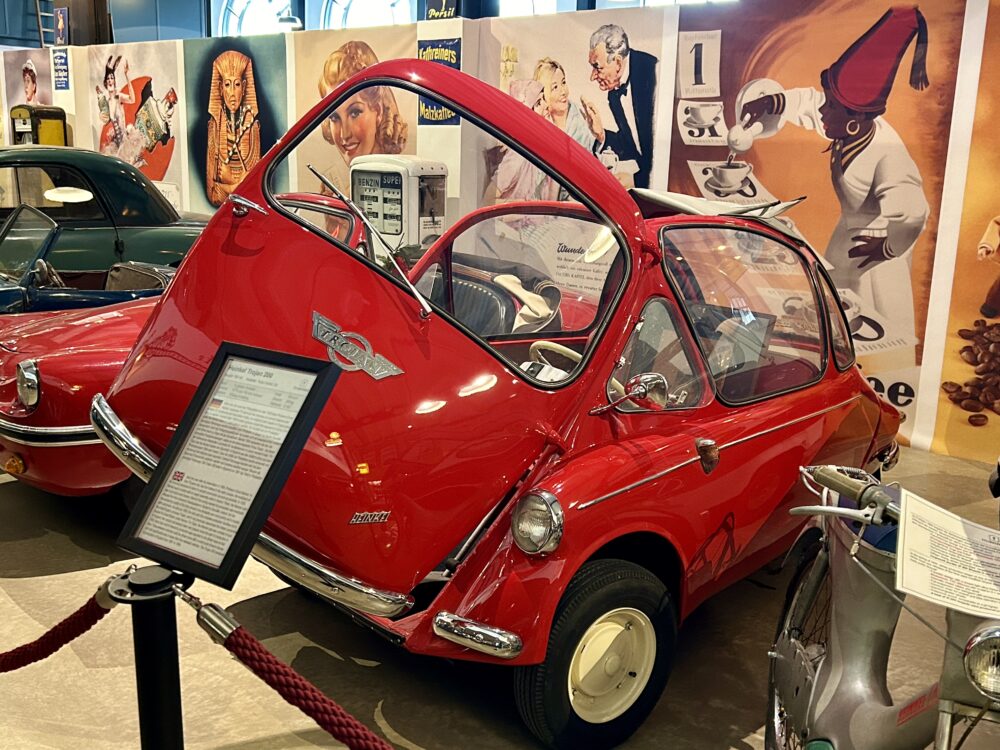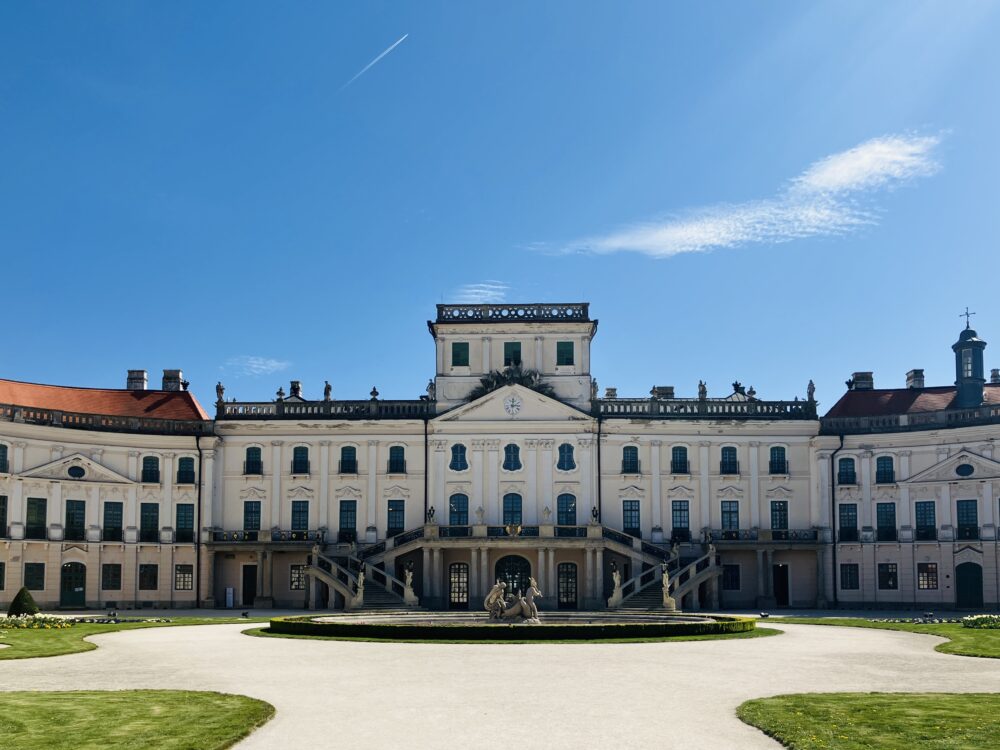The Heinkel Trojan 200, manufactured by Trojan Limited in Great Britain between 1961 and 1964, remains a classic example of mid-20th-century automotive innovation. This distinctive vehicle was not only a technical marvel of its time but also a testament to the shifting dynamics in international automobile manufacturing.
An Audacious Beginning
The Heinkel Trojan 200 originally stemmed from the creative mind of Professor Ernst Heinkel, who, despite his advancing age, remained a formidable force in engineering and design. The cabin scooter first made waves in the automobile industry in 1956. However, by 1957, Heinkel had pivoted his interests back to his first love—aircraft construction—leaving the scooter’s fate in the hands of manufacturing partners.
A Twist of International Production
In a bid to mass-produce the Heinkel cabin scooter, Professor Heinkel secured a partnership with an Austin assembly plant in Ireland in 1958. However, the anticipated success was short-lived due to the poor manufacturing quality that plagued the Irish production line. Problems mounted quickly, and by 1959, the entire production facility was sold off to Trojan Limited, a small English firm known for assembling Italian Lambretta scooters under license.
The Trojan Era Begins
Trojan Limited’s acquisition of the Heinkel production rights marked a significant turning point. For Trojan, the Heinkel cabin scooter was a serendipitous opportunity. The vehicle had already garnered a loyal following in England due to its unique design and the tax advantages of driving a three-wheeled vehicle, which only required a motorcycle license. With over half of Heinkel’s production previously exported to the UK, the Trojan 200 quickly became a staple on British roads.
Technical Specifications
The Heinkel Trojan 200 was powered by a single-cylinder four-stroke engine, delivering 10 brake horsepower (bhp) from a 198 cc displacement. It featured a four-speed gearbox and could reach a maximum speed of 85 km/h. Weighing just 245 kilograms, the compact vehicle was both nimble and economical, making it an appealing choice for many drivers.
Legacy and Conclusion
Although production ceased in 1964, the Heinkel Trojan 200’s legacy lives on. With only 6,100 units produced, this unique vehicle is now a collector’s item, cherished by vintage car enthusiasts worldwide. Its story reflects the broader industrial shifts of the era—where ingenuity met global challenges, and where a small English firm could carve out its niche in automotive history.
#HeinkelTrojan200 #ClassicCars #1960sAutomobile #TrojanLimited #VintageVehicles













